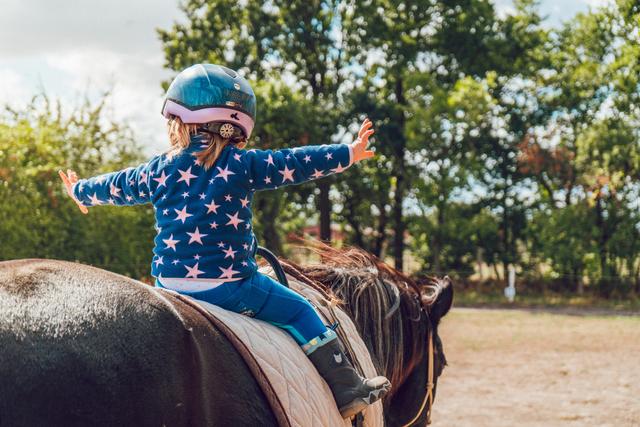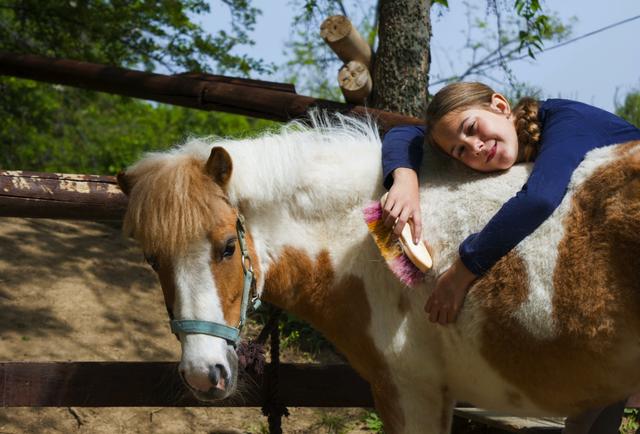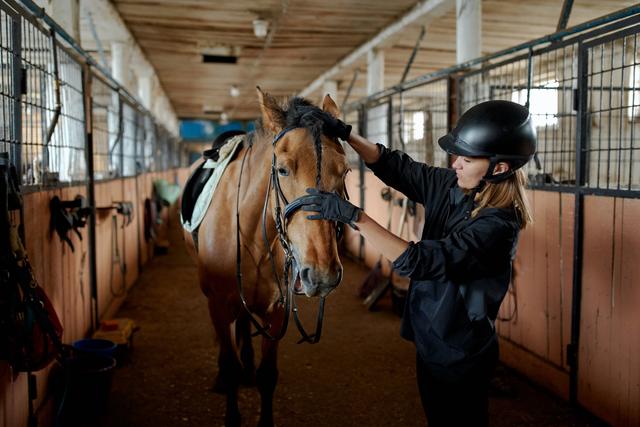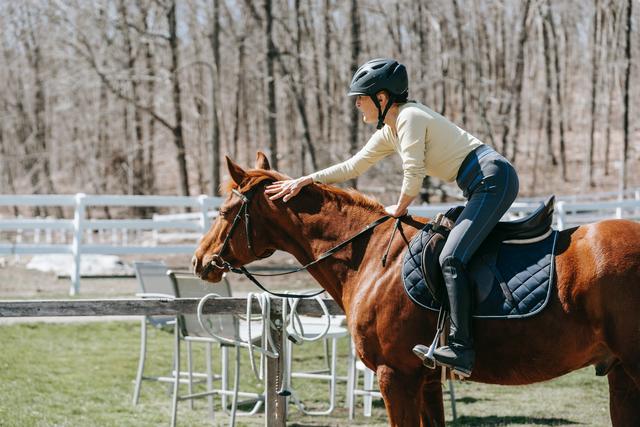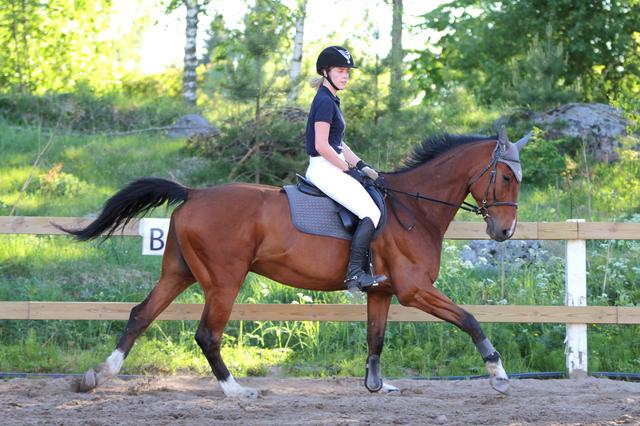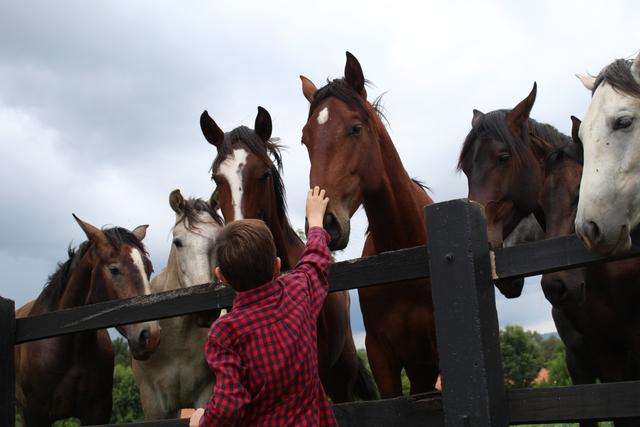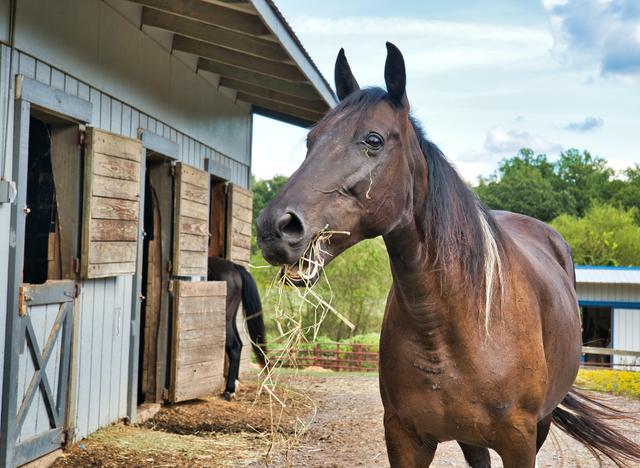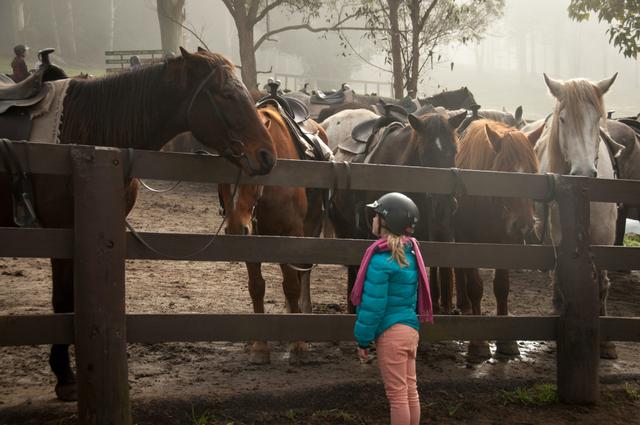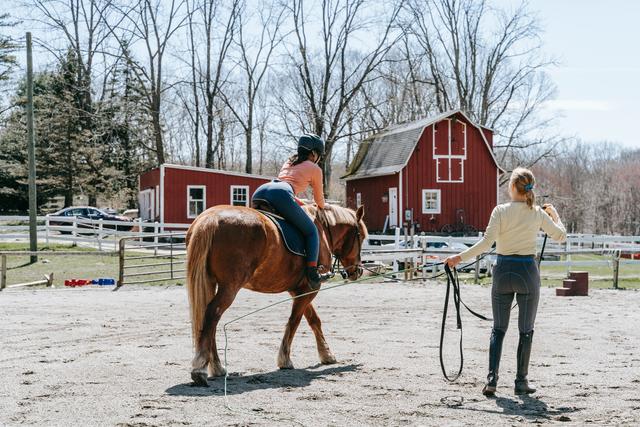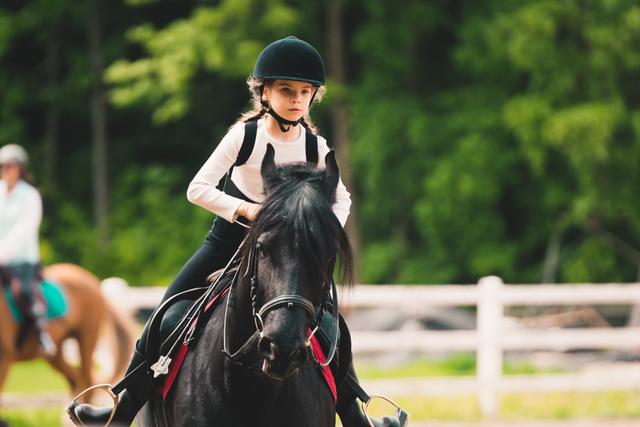Horse riding Articles
Horse riding For Kids In The UK
Horse riding in the UK offers a rich tapestry of history and tradition, making it a cherished activity for children across the nation. Tracing its origins to the pre-Roman era, horse riding was primarily utilised for transportation and warfare by the ancient Celts and later popularised during the Norman Conquest. This period marked a significant evolution in the practice, introducing enhanced gear and riding techniques. Over the centuries, horse riding has developed into various disciplines including dressage, show jumping, and eventing, each requiring a unique set of skills and offering a diverse range of experiences.
Today, horse riding is embraced as a recreational and competitive activity by children of various ages. Riding schools across the UK cater to young riders, providing them with a platform to learn and grow within this historic sport. These schools offer structured lessons that guide children through the fundamentals of horse riding, tailoring approaches to the age and skill level of each rider. From the rolling hills of the countryside to the disciplined arenas of riding schools, horse riding remains an accessible and popular pursuit among British youth.
As an activity deeply embedded in British culture, horse riding for kids not only connects them with a historical pastime, but also immerses them in an environment where tradition and modernity meet. Across the UK, the enthusiasm for horse riding continues to thrive, supported by a community of dedicated trainers and a network of facilities that uphold the highest standards of safety and education. Thus, for any child embarking on a journey in horse riding, the UK offers an enriching and supportive environment to explore this elegant and exhilarating activity.
The Benefits of Horse riding
Engaging in horse riding offers tremendous health benefits for children. This activity not only improves physical fitness by building strength, flexibility, and endurance, but it also engages multiple muscle groups. The core, legs, and back receive significant exercise, contributing to a strengthened posture and enhanced physical capabilities. Beyond the physical aspects, horse riding demands excellent coordination and balance, skills that are refined with practice and contribute to overall bodily control and awareness.
The mental health benefits of horse riding for children are equally noteworthy. This sport is known for its ability to reduce stress and anxiety, fostering a sense of tranquillity and presence that is often lost in other competitive environments. The focus and concentration required to ride effectively can enhance cognitive functions and improve attention spans. Horse riding is also an excellent avenue for social development, offering children the chance to interact with peers and instructors, thereby boosting their communication skills and helping them form vital social connections.
Most importantly, horse riding can significantly bolster a child's confidence and self-esteem. As they learn to control and bond with a large animal, overcome challenges, and achieve riding milestones, children often see a notable increase in their confidence levels. This empowerment through achievement and the enjoyment of a shared experience with peers are invaluable for their growth and development.
FAQs
Q1: At what age can kids start horse riding in the UK?
A: In the UK, children as young as two or three can begin horse riding with the help of lead rein assistance, which ensures safety while they get accustomed to the horse. It is generally recommended that formal riding lessons start around the age of five or six, when kids are better able to manage their coordination and follow more complex instructions.
Q2: What essential safety equipment is needed for children engaging in horse riding?
A: Safety is paramount in horse riding. Children should wear a riding helmet that fits properly, a body protector, and riding boots for basic protection. Additional gear might include gloves, elbow pads, and knee pads, depending on the specific riding discipline they are involved in.
Q3: How frequently should children practice horse riding to improve their skills?
A: The practice frequency can vary, but regular sessions are beneficial. For most children, riding once or twice a week is sufficient. This routine helps in improving their horse riding skills progressively while allowing them time to absorb and practice what they've learned between sessions.
Q4: What are the advantages of group horse riding lessons compared to private lessons for children?
A: Group lessons are beneficial as they provide social interaction and enable children to learn not only from their instructor but also from observing their peers. They are usually more economical than private lessons. Private lessons, however, are tailored to the individual's needs, which can be particularly useful for addressing specific challenges or advancing skills at a quicker pace.
Q5: How can parents help ensure their child's safety during horse riding activities?
A: Parents should choose a reputable riding school or instructor with a solid safety record. Ensuring that their child always wears the necessary safety gear is crucial. Additionally, parents should teach their children to adhere to safety protocols like always wearing a helmet and behaving calmly and responsibly around horses and in the stable area.
